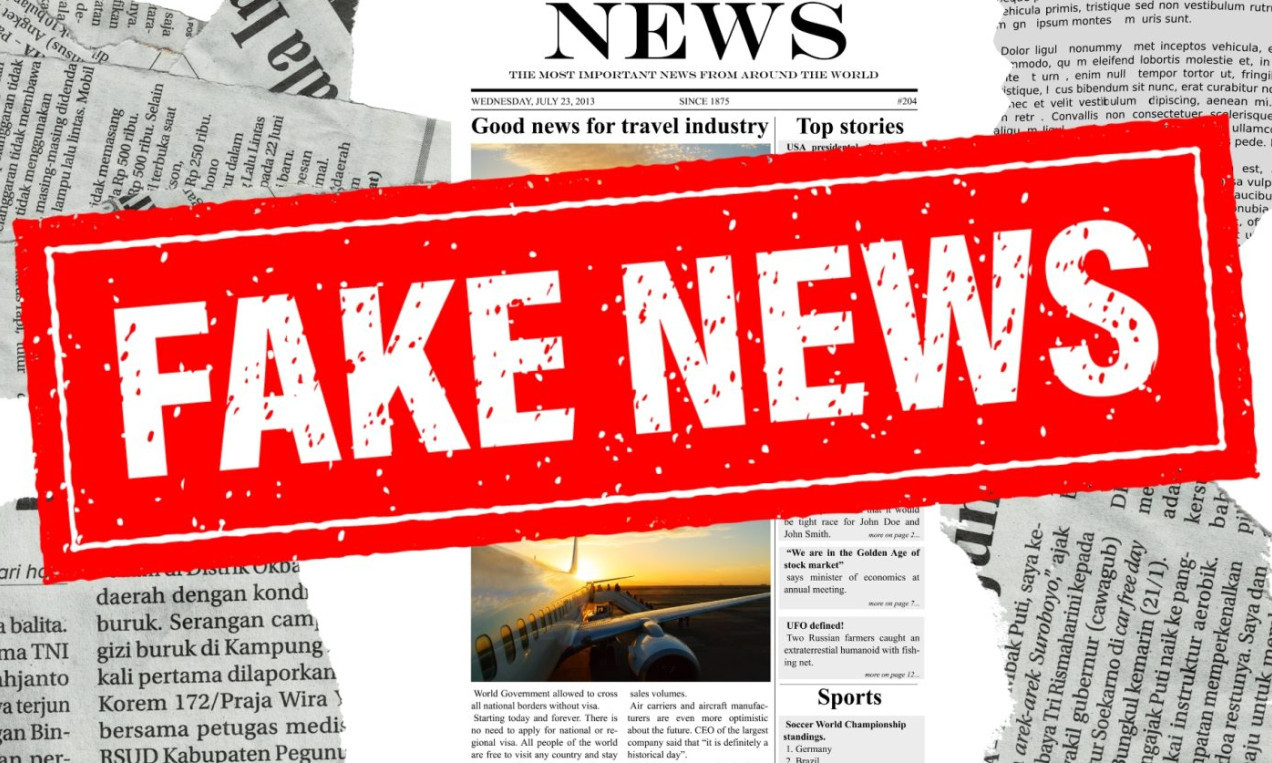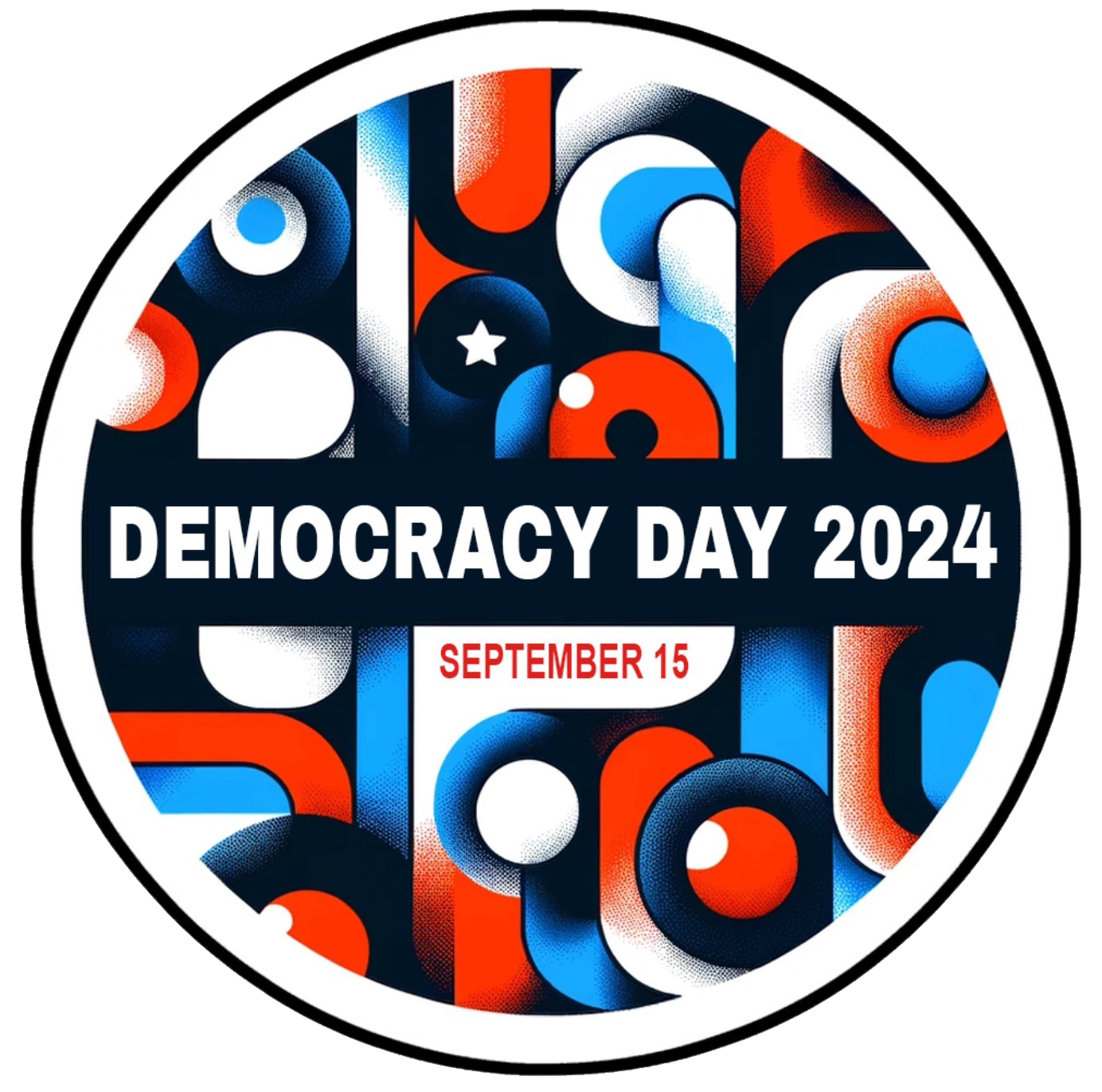This story is published as part of U.S. Democracy Day and the Utah College Media Collaborative, a cross-campus project bringing together emerging journalists from Salt Lake Community College, the University of Utah, Utah State University and Utah Tech University.
As contentions rise this election season, college students have found themselves inundated with political messaging on all corners of the internet. Social media feeds and news coverage constantly flow information to students and the public alike.
With the stream of information comes an increase of misinformation; a problem we are seeing this election cycle.
Geoff Allen, assistant professor of political science at Utah Tech, said: “These influencer accounts sit at the center of a larger network of people with similar ideologies, and then misinformation begins to spread rapidly within that ideological network… Once these stories start to get shared by large, well-connected accounts, it can be nearly impossible to get people to change their mind on what they have read.”
Misinformation, or the spread of incorrect or misleading information, has become part of modern politics. In the age of social media, Pew Research found that 28% of adults say that social media is important for helping them keep up with political news. But 64% of adults also say that social media has been bad for democracy.
Students who rely on social media to get their information on politics are likely to get content that is not fact-checked and/or has the content creators’ spin on it. Where there is no oversight on what can and cannot be posted on social media, misinformation can be shared or even added to.
Rhiannon Bent, assistant professor of communications and departmental chair, said: “You might be in the business of spreading information, but you may be in the business of entertaining, and those sometimes can be at odds with each other. And I don’t know if people take the time to differentiate between the two. Who is actually here to entertain or who’s here to actually spread facts? What are people’s credentials on talking about specific issues?”
Social media platforms like TikTok, Instagram and Twitter have been places for discourse and misinformation. Algorithms designed to boost engagement often amplify sensationalized content that includes unverified information.
Dr. Kellie Marin, assistant professor of media and rhetoric, said: “Algorithms on social media create echo chambers of information coming from people and companies we selectively follow. If we are encountering information we likely already agree on, we are more likely to share it even when the information may not be correct.”
During election cycles, there is an uptick in misinformation being shared across platforms, both by people and politicians who are looking to get more votes and by other countries who are interfering with the election.
Bent said: “If we look in a bubble about what a certain politician has done in their tenure in politics, we can’t look at that singularly; we have to see all of the other elements and what other elements of government are helping or hindering their policy initiative.”
False news or misleading information spreads faster than factual content and reaches more people. For college students, misinformation can impact how they understand critical issues. Inaccurate portrayals of candidates and their platforms can impact voters and undermine the elections. It can also discourage voter turnout and impact election results.
Allen said: “Rather than seeing misinformation in the United States as a persuasion tool, it is better to see it as a mobilization tool. Most misinformation plays on beliefs already held by people and then gives them false information confirming those beliefs. Those individuals may become more likely to vote, creating disparities in turnout.”
Colleges and universities can play a role in teaching students to develop their critical thinking skills so that they can navigate the digital landscape and misinformation when they encounter it.
Students can utilize their skills such as:
- Source checking: Verifying the credibility of the source and the account that is sharing the information, such as news organizations, who have a team of fact checkers that can double check sources is crucial.
- Being wary of emotional language: Misinformation relies on emotional language to either appeal to their audience or even fear monger to gain traction within the algorithm. If a post has language that invokes a strong emotional response, you’ll want to double check its sources and facts.
- Fact checking: Much like source checking, fact checking an article and debunking a claim can help with combating misinformation during an election year.
- Pause before sharing: Ultimately, we are responsible for what we share. Instead of reposting a video with a hot take or an article with a sensationalized headline, stop and verify the information before sharing.
“This may seem time consuming, but during election season it is even more imperative to civic engagement and our democracy,” Marin said.
As the election cycle continues, students should be aware of the content they consume and share. Misinformation won’t be going away any time soon, but by understanding what misinformation is and developing media literacy, students can contribute to a more informed election season.
Bent said: “If you are consuming information, you have to do these things…. We just have to be responsible for the information that we are consuming.”
Rainey Facer reported and wrote this story as a journalism student with Utah Tech University’s Sun News Daily. Her article is published as part of the Utah College Media Collaborative, a statewide project in partnership with Amplify Utah.





